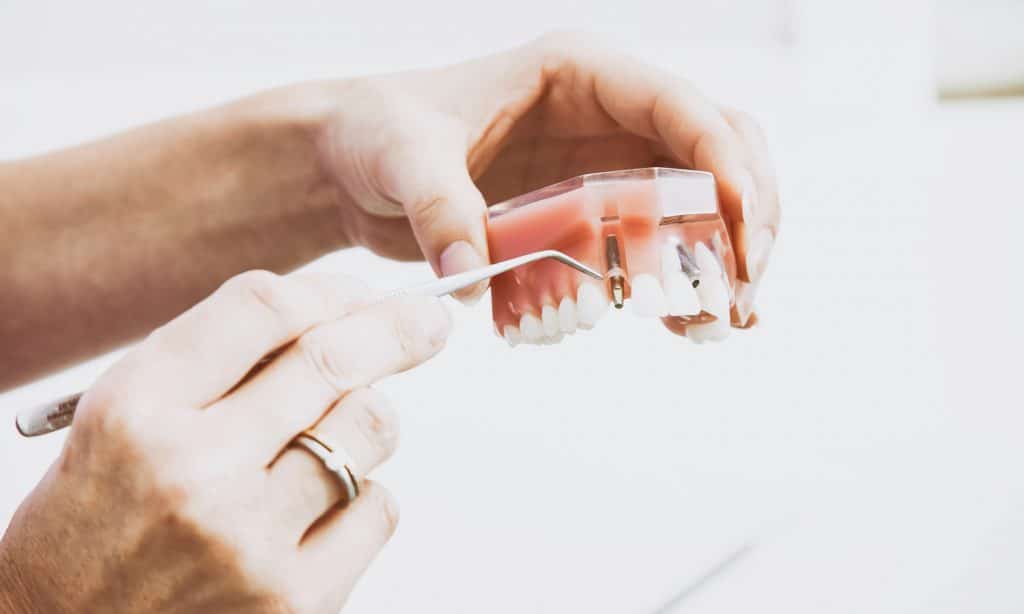There’s been a lot of talk about how, and whether, cannabis can be used in place of antibiotics. Centuries of natural medicine traditions tell us ‘yes’ already, but now the Western medicine world is finally catching up. New research highlights how cannabis antibiotics are a likely and reasonable answer to the issue of disease-resistant bacteria.
If you haven’t tried delta-8 THC yet, then you’re using cannabis the old-fashioned way. Delta-8 provides a new way to use cannabis with less anxiety, and less psychoactive effects. This makes it the optimal form of THC for many people. Check it out to see for yourself. We’ve got all the best Delta-8 THC deals for you to get acquainted with this new form of cannabis medicine.
Let’s go back in time first
There are tons of natural medicine traditions that have existed on the planet through the history of man. Two of the more well-known, which are still in existence today, are Ayurvedic medicine out of India, and Traditional Chinese Medicine (TCM) out of China. In Ayurveda, medical cannabis was used since 1000 b.c., with one of the reasons being as an antibiotic. This included topical use for skin infections, as well as for ailments like tuberculosis. Imagine that, information was figured out 1000 years before Jesus was supposed to have walked the earth, and researchers of today are only now catching up? Perhaps we should look at history more often.
When it comes to Traditional Chinese Medicine and cannabis, there’s a striking lack of information published, and not because it doesn’t exist. While most sites cite the lack of translation to Western languages for the void in information, this explanation sounds suspect. This is a popular topic, it goes against logic to assume that no one has bothered to translate for the English speaking world.
My guess is that as the pre-eminent natural medicine tradition, it bodes better for Western medicine practitioners to keep this information out as it tends to threaten the pharmaceutical industry (highlighted by this very article and the use of a natural medicine to combat bacterial infections). It is understood that cannabis has been written on within the medical tradition for at least 1800 years, and that all parts of the plant were used. Some publications say that hemp has been cultivated in China for as many as 4000 years. Again, there seems to be a block in getting this information to the Western world. You can draw your own conclusions as to why.







